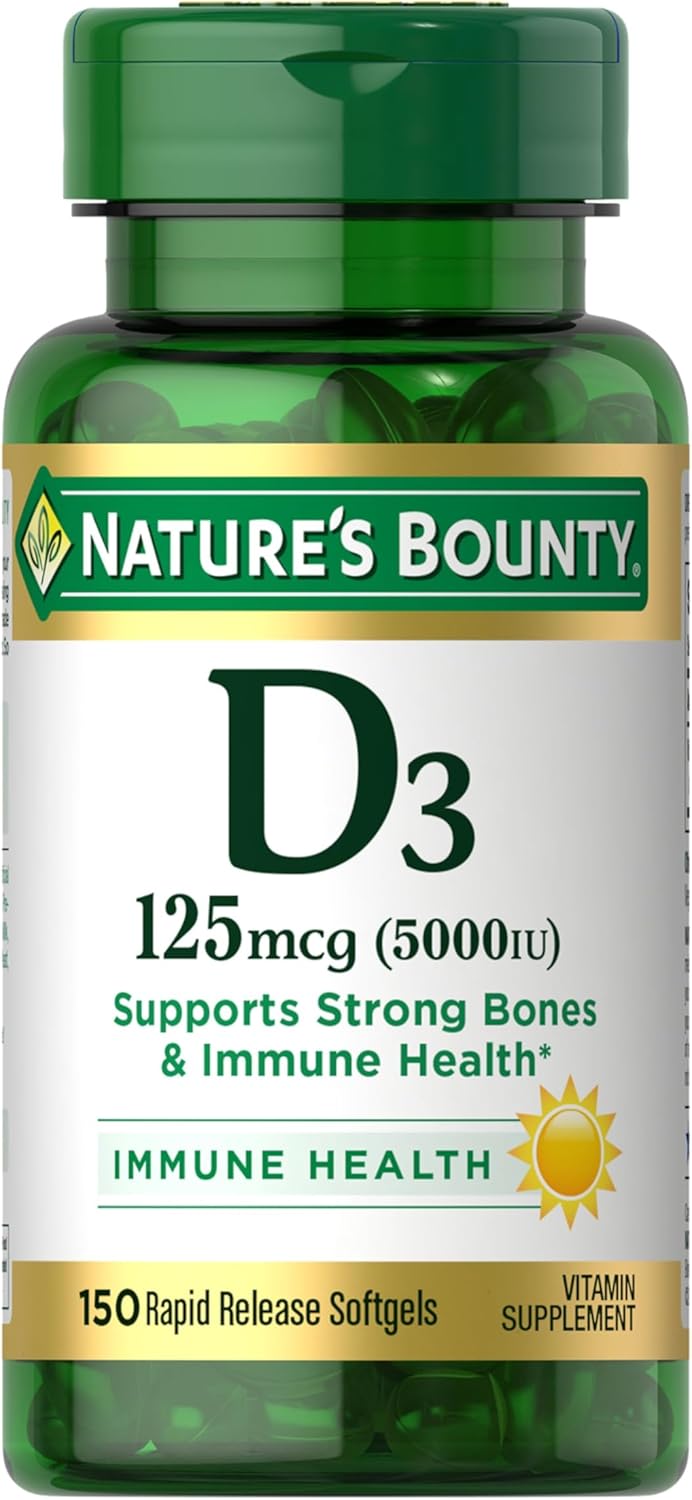Vitamins and the Immune System: Do Supplements Really Make Us Stronger?
The immune system is one of the most complex and vital biological systems in the human body, responsible for protecting us against viruses, bacteria, and other pathogens. Good nutrition is a cornerstone of immune health, and vitamins play a key role in this process. But the big question remains: can taking vitamin supplements truly boost our immune system?
🧬 How Vitamins Support Immune Function
Vitamins are essential micronutrients that the body either does not produce or produces in insufficient amounts. We must obtain them through diet or supplements. Several vitamins have a direct impact on the immune system:
-
Vitamin C is a powerful antioxidant that enhances the function of white blood cells and helps maintain healthy skin and mucous membranes—the body’s first line of defence.
-
Vitamin D receptors are found in immune cells such as macrophages, monocytes, and T and B lymphocytes. Vitamin D helps regulate immune responses, and a deficiency is linked to an increased risk of respiratory infections.
-
Vitamin A supports the health of mucosal tissues in the respiratory and gastrointestinal tracts and plays a key role in the production of antibodies and cellular immunity.
-
Vitamin E acts as a strong antioxidant, protecting immune cells from oxidative stress and enhancing immune responses.
-
B Vitamins (especially B6, B9/folate, and B12) are involved in the creation and division of immune cells, antibody production, and maintaining proper neurochemical functions that indirectly support immune balance.

💊 Should You Take Supplements?
In general, people who eat a balanced and varied diet—including vegetables, fruits, whole grains, lean proteins, and healthy fats—can usually meet their vitamin needs without supplements. However, certain populations may benefit from supplementation, such as:
-
Individuals with lab-confirmed deficiencies
-
Older adults or those experiencing malnutrition
-
People with chronic illnesses or absorption disorders
-
Pregnant or breastfeeding women
-
Individuals following restrictive diets (e.g., vegans)
-
During high-risk periods, such as flu season or pandemics
📚 What Does the Science Say?
Multiple studies have shown that deficiencies in vitamins D and C are associated with a higher risk of viral infections, including the flu and common cold. A meta-analysis published in the BMJ found that vitamin D supplements significantly reduced the risk of respiratory infections in individuals with low vitamin D levels.
Additionally, vitamin C supplementation has been shown to reduce the severity and duration of colds, especially in athletes and people under physical stress.
That said, for individuals without a deficiency, taking extra vitamin supplements has little to no proven benefit and may even pose risks at high doses (particularly with fat-soluble vitamins like A and D).
Vitamin D and Immunity: A Key Player in the Body’s Defence System
Despite being classified as a vitamin, vitamin D functions more like a hormone, influencing not just calcium metabolism and bone health, but also playing a critical and complex role in regulating both the innate and adaptive immune systems.
 Vitamin D Receptors in Immune Cells
Vitamin D Receptors in Immune Cells
Almost all immune cells express vitamin D receptors (VDRs), including:
-
Macrophages
-
Monocytes
-
T lymphocytes (T cells)
-
B lymphocytes (B cells)
-
Dendritic cells
When the active form of vitamin D (calcitriol) binds to these receptors, it can activate or suppress certain genes that are crucial to immune regulation.
🦠 Vitamin D and the Innate Immune System
The innate immune system acts as the body’s first line of defence. Here’s how vitamin D contributes:
-
It increases the production of antimicrobial peptides such as cathelicidin, which can destroy viruses, bacteria, and fungi.
-
It enhances the phagocytic ability of macrophages, allowing them to better detect and engulf pathogens.
-
It helps modulate monocytes, reducing excessive inflammation and contributing to immune balance.
🧬 Vitamin D and the Adaptive Immune System
The adaptive immune system is responsible for creating immunological memory. Vitamin D plays a role here too:
-
T Cells: Vitamin D promotes the production of regulatory T cells (Tregs) that prevent overactive inflammatory responses and help reduce autoimmune reactions. It also modulates helper T cells (Th1/Th17), which are often involved in chronic inflammation.
-
B Cells: Vitamin D helps regulate B cell activity, preventing excessive antibody production and supporting a balanced immune response. This is especially relevant in autoimmune diseases such as lupus and multiple sclerosis (MS).

🌬️ Vitamin D and Respiratory Infections
Many clinical studies have linked vitamin D deficiency with a higher risk of upper respiratory tract infections, including the common cold, influenza, and even COVID-19.
✅ A major meta-analysis published in the British Medical Journal (BMJ) in 2017 concluded:
Supplementing with vitamin D, particularly in individuals who are deficient, significantly reduced the risk of developing respiratory infections.
Further studies during the COVID-19 pandemic indicated that low vitamin D levels were associated with more severe disease and a higher likelihood of ICU admission.


2 Responses
Vitamin D really stood out in your post! It’s fascinating how it’s involved in regulating immune responses. I’ve heard a lot about how many people are actually deficient in it and don’t even realize, which is kind of alarming given its role in immune defense.
Absolutely right! Many people are unaware of their vitamin D deficiency, especially during seasons with less sunlight. I’m glad you found this topic interesting!